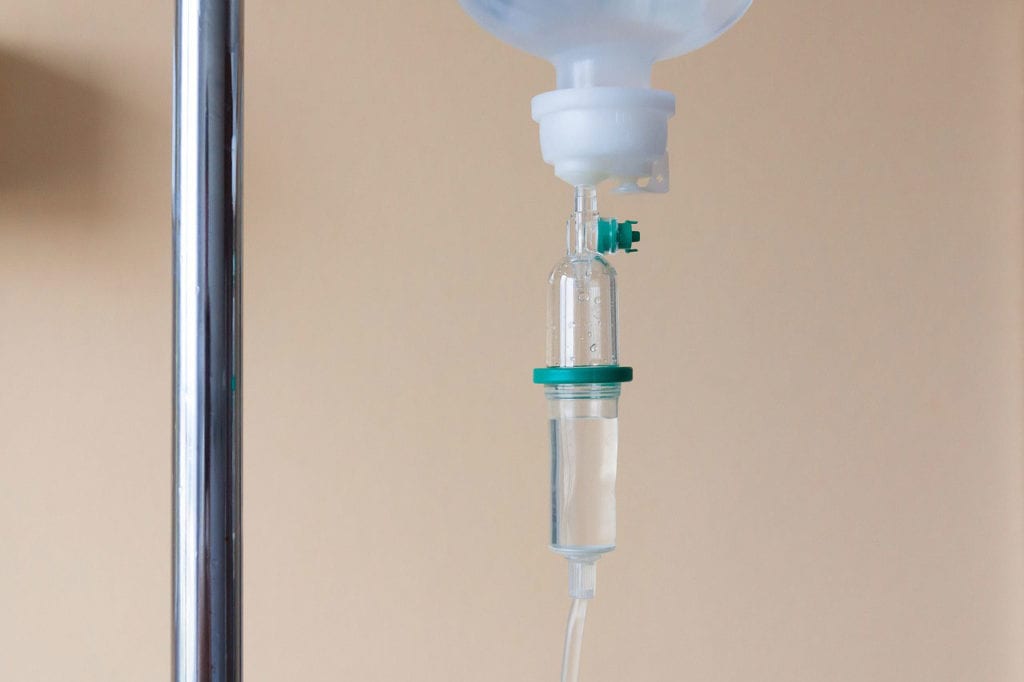In early December 2020, many descended upon the 62nd American Society of Hematology (ASH) Annual Meeting and Exposition to discuss insights in the field of hematology. During the Meeting, researchers presented findings from a series of clinical trials evaluating CAEL-101 and CyBorD for patients with primary amyloidosis, also known as AL amyloidosis. Considering the findings, OncNet reports that researchers also presented a recommended dose of CAEL-101. To learn more, check out Abstract #729.
CAEL-101
During the clinical trials, researchers evaluated CAEL-101 in conjunction with CyBorD (bortezomib, cyclophosphamide, dexamethasone). CAEL-101 is described as an IgG1 monoclonal antibody. The Mayo Clinic defines monoclonal antibodies as:
laboratory-produced molecules engineered to serve as substitute antibodies that can restore, enhance or mimic the immune system’s attack on cancer cells. They are designed to bind to antigens that are generally more numerous on the surface of cancer cells than healthy cells.
In this case, the monoclonal antibodies are not attacking cancer cells. However, they are binding to AL amyloids to attempt to clear deposits from the body.
In an initial Phase 1 clinical trial, CAEL-101 was shown to be safe up to 500 mg/m2 weekly for 1 month. 13 patients enrolled in the 3+3 dose escalation study. Patients were separated into three cohorts who received either 500mg/m2, 750mg/m2, or 1000mg/m2 weekly for 1 month. In the follow-up period, patients received CAEL-101 bi-weekly.
Some adverse reactions occurred during the trial. Two patients in the latter cohort were hospitalized for either Clostridium difficile colitis and enlarging pleural effusion, although researchers state that these are not linked to CAEL-101 treatment. Another patient in the lowest dosage cohort experienced atrial fibrillation, or a rapid and irregular heartbeat. However, researchers state that the treatments still relatively safe and well-tolerated, and no patients at 1000mg/m2 experienced any toxicity.
Altogether, researchers established 1000mg/m2 as the recommended dosage, in conjunction with CyBorD. This dosage will be evaluated once again within a series of Phase 3 clinical trials.
Amyloidosis
Amyloidosis is a rare disorder which occurs when amyloids, a type of abnormal proteins, accumulate in tissues or organs throughout the body. As amyloids form deposits, they can inhibit organ function. Altogether, there are six main forms of amyloidosis, including:
- Organ-specific
- Senile systemic
- Dialysis-related
- Familial
- Secondary (AA)
- Primary (AL)
Typically, AA amyloidosis is caused by another disease or condition. For example, certain types of cancers can prompt the development of AA amyloidosis. Alternately, AL amyloidosis usually occurs with no known cause. Symptoms vary based on affected organs. However, symptoms may include:
- Fatigue
- Muscle weakness
- Diarrhea or constipation
- Unintended weight loss
- Swelling of the lower extremities
- Difficulty breathing
- Easy bruising or bleeding
- Skin thickening
- Difficulty swallowing
- Irregular heartbeat
Learn more about amyloidosis.






